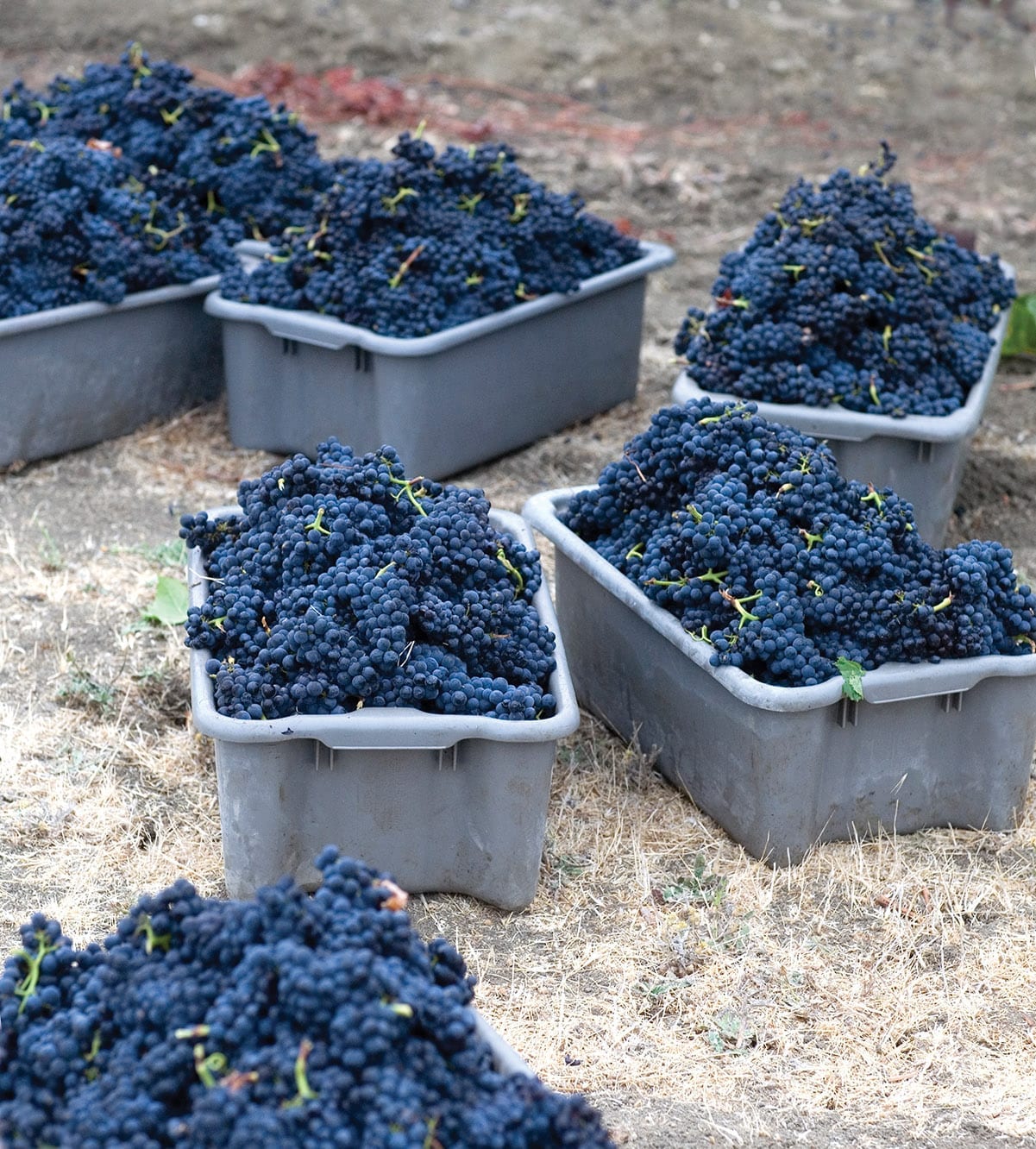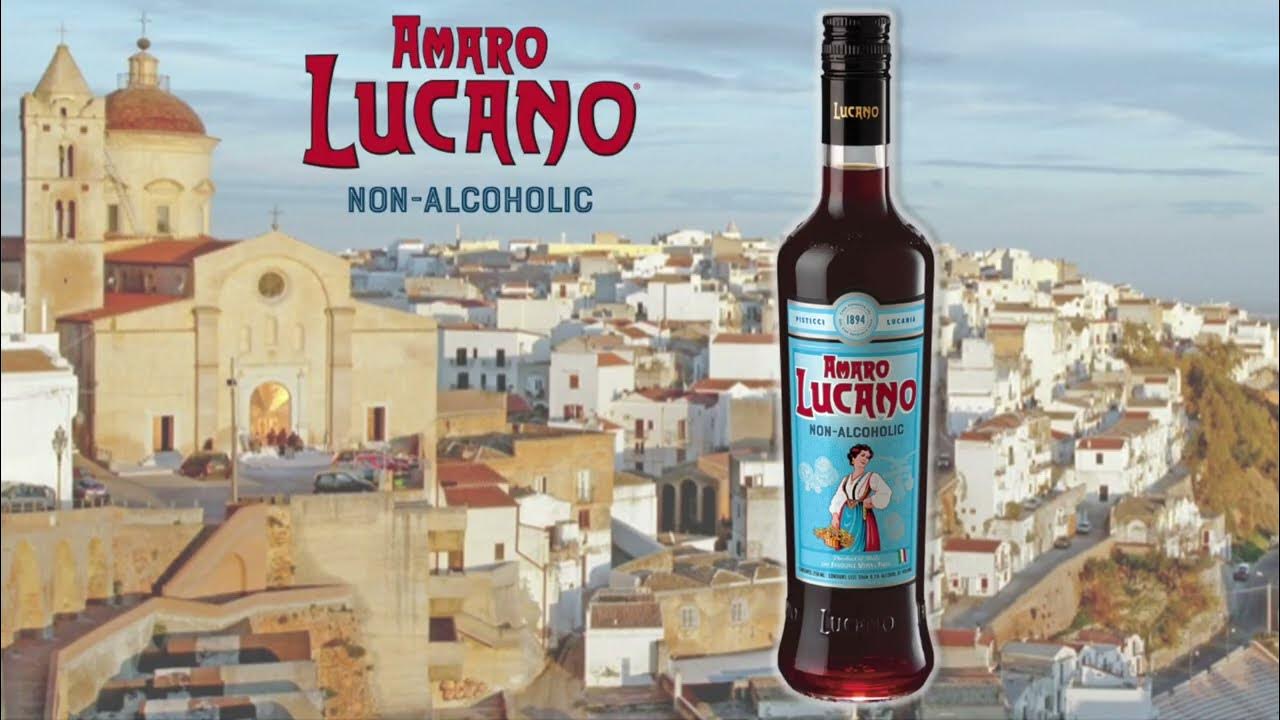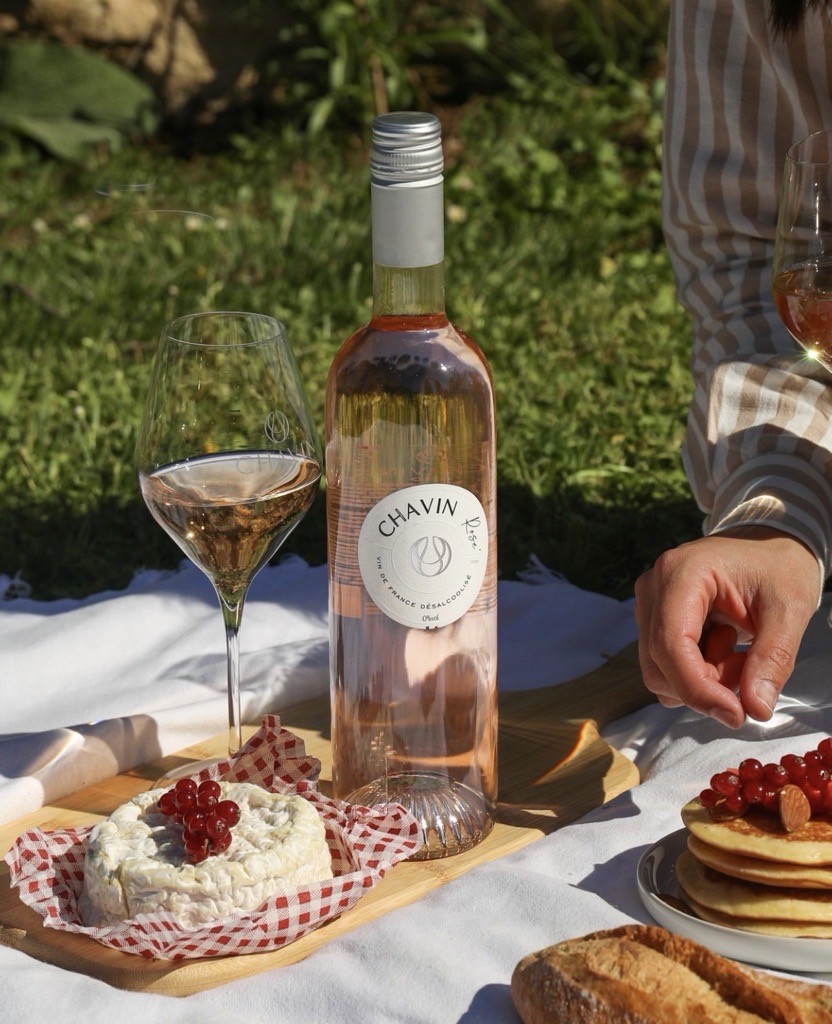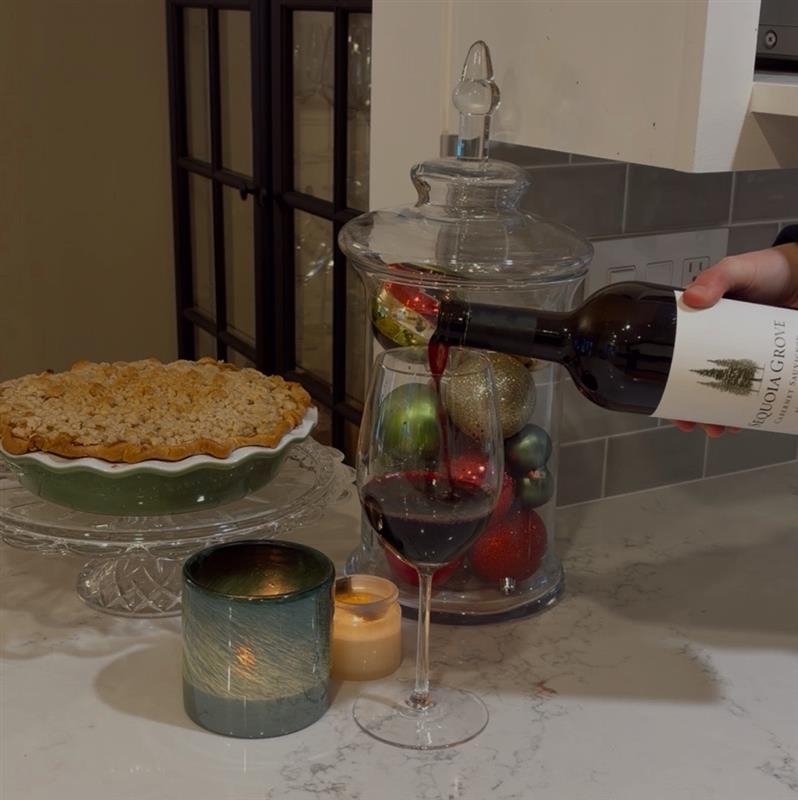Grape cloning might sound like something from a sci-fi movie or, at the very least, a GMO experiment you don’t want to touch with the tendril of a ten-foot grapevine…but you probably poured its contents from your wine bottle the other night. Grape cloning is in fact an essential and completely natural tool that winemakers around the world use for selecting the best-suited grapes for the climate, soil, and vineyard location and, ultimately, to make the best wine possible. One winemaker who does this to a highly precise level for dazzling results is Molly Hill of Sequoia Grove Winery.
What Is a Grape Clone?
It is actually quite straightforward. When you plant the seeds of a grape, the resulting vines will each be genetically different than the original. Reproducing the exact vine requires grafting the desired vine shoots onto selected rootstock.
Say you plant the seeds of the original Clone 1 vine, and the resulting Clone 2 is genetically different and better: it makes a more delicious wine, it is hardier in its environment, and it is less prone to disease. But to reproduce it, you cannot plant one of its grape seeds, because that will give you Clone 3. Instead, winemakers graft a cutting of Clone 2 onto rootstock which has also been similarly selected and reproduced for strength and resistance to diseases and pests like phylloxera, and voila! you have a vineyard of Clone 2 vines.
Bet you didn’t know that almost all other fruits we consume are cloned, too—some have even been cloned for centuries! It is how we can continue to enjoy well-known and loved varieties of apples, oranges, bananas, and other fruits.
Cab Clones at Sequoia Grove
Established in 1979, Sequoia Grove is a family-owned winery located in Napa Valley established in the Rutherford Bench, the most famous terroir in the region for world-class Cabernet Sauvignon. Sequoia Grove’s foray into careful clonal selection began in 1990 when they replanted the estate’s original Rutherford Bench vineyard with carefully chosen rootstock and clones that befit the land. One of those clones, unidentified at the time, came to be considered Sequoia Grove’s “special ingredient” and was dubbed the Sequoia Grove Clone. It is now known as the Cabernet Sauvignon Clone 29.
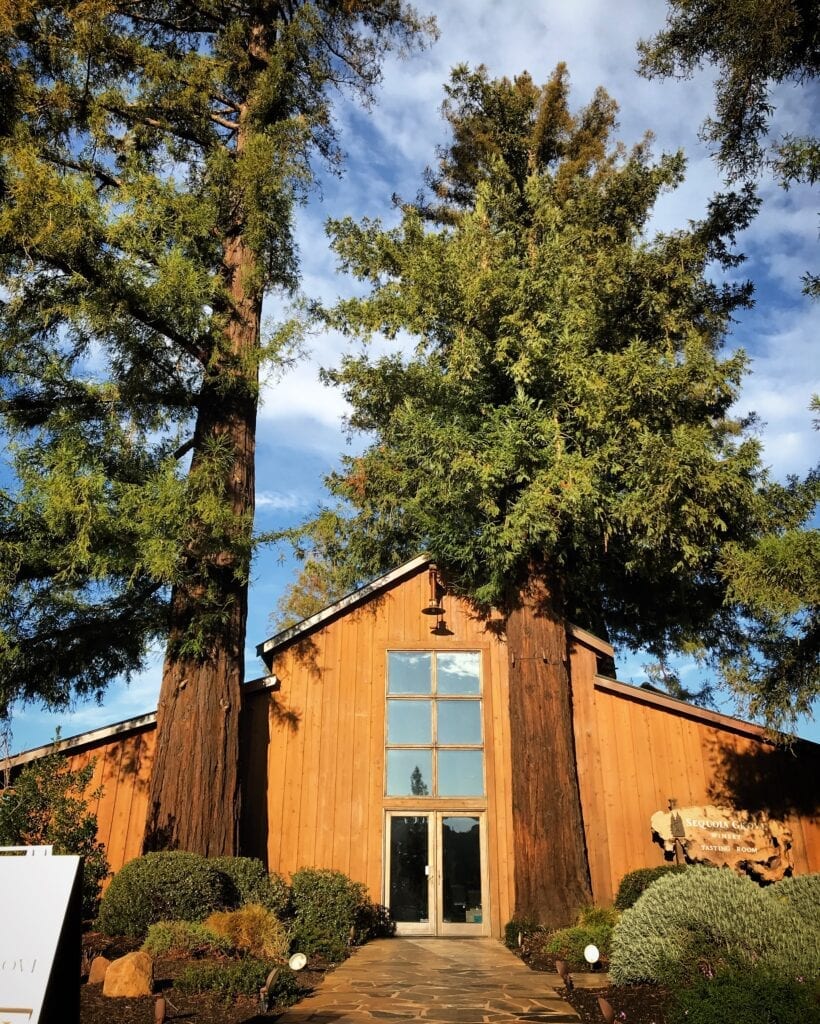
Winemaker Molly Hill joined the winery in 2003, and three years later when the winery acquired 50 acres of the Tonella Estate in Rutherford, she oversaw the replanting of the vineyard with 17 clonal-rootstock combinations. Put simply, she found the custom-fit grape for each vineyard.
When I visited Sequoia Grove Winery in January 2020, Molly talked about the detailed and painstaking work of studying how different grape clones of Cabernet Sauvignon perform better or worse in specific vineyard sites. “The unique flavor characteristics of the terroir are best highlighted by the combination of compelling site matched with the right clonal and rootstock selection,” says Molly. She explained too how they even react differently to aging in different types of wood (they subsequently discovered that all perform better in French oak, and this is used for 100% of their wines today).
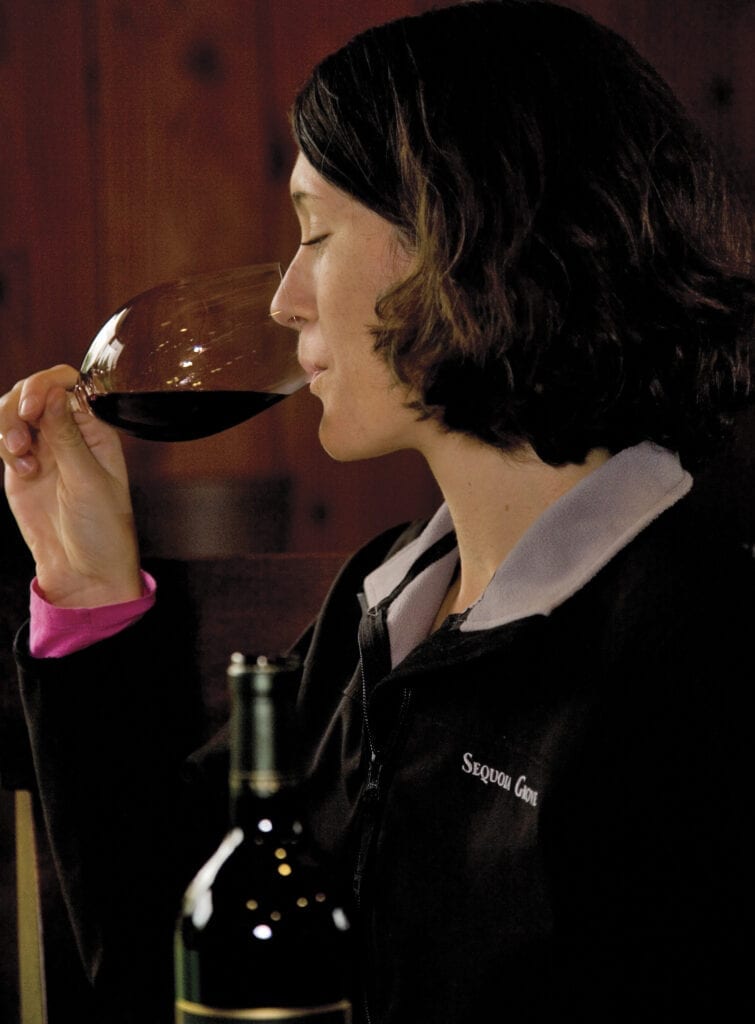
Interestingly, the clone choice and the rootstock each distinctly affect the end result of the wine in separate ways. The clone has more influence on the wine’s aromas and flavors, but the rootstock affects the mouthfeel and texture.
The Sequoia Grove Napa Valley Cabernet Sauvignon is made from a careful blend of specific Cabernet Sauvignon clones from the afore-mentioned Tonella Estate, Sequoia Grove Estate, and others; each site is vinified separately by Molly before she carefully blends to produce a balanced, expressive wines. This Cab captures a pure Napa essence of the grape: a silky wine with richness and balance, it has dark berry flavors like blackberry and currant mingling with spices, floral, and even some minerality.
The image below shows each individual plot of the Tonella Vineyard in Rutherford, and which clones are planted where. They are tagged with their official “names.” Click here to download the pdf of the vineyard.
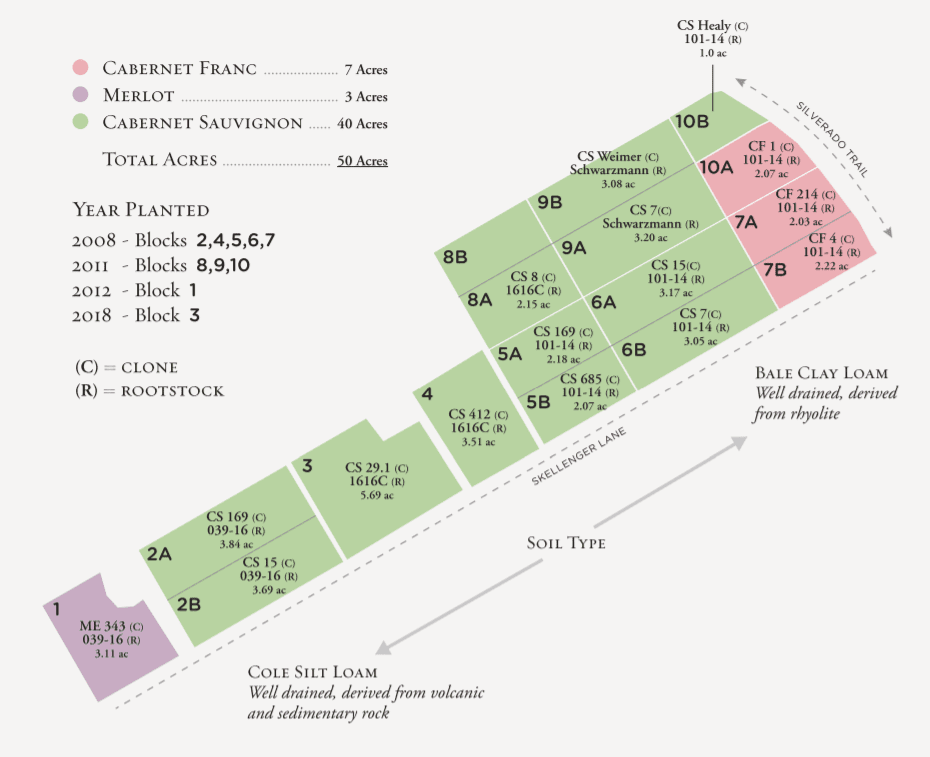
The Art and Science of Wine
Winemaking has often been posed the question: is it science, or is it art? Grape cloning is an apt example of how winemaking is a combination of both. It is scientific in its cloning procedures and agricultural endeavor, yet artistic and gustatory in the final, careful selection and blending by a masterful winemaker’s taste and intuition.
